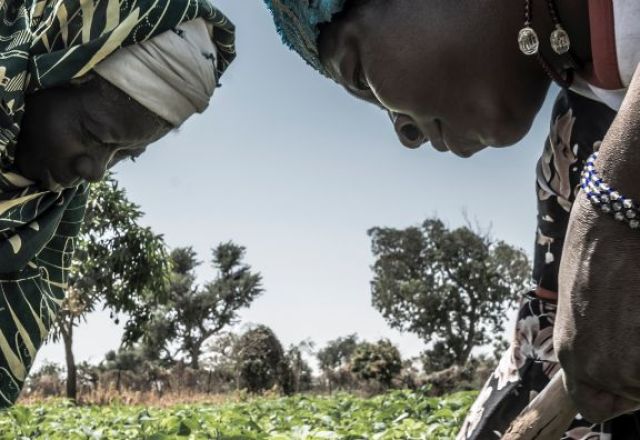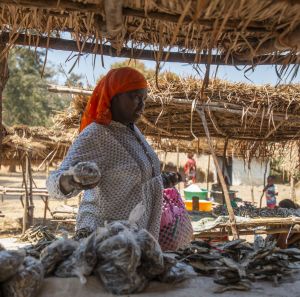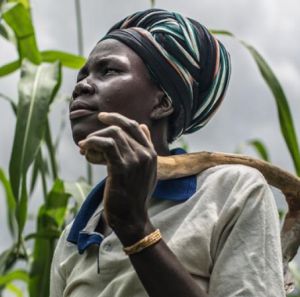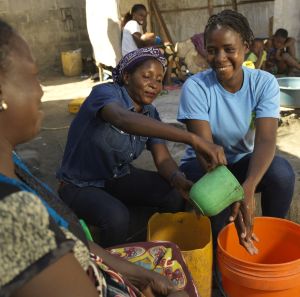As part of an Oxfam project funded by the European Union, farmers are given training and organised into farmers’ groups. Many women work in these groups and provide for their families. In some groups, women make up the majority.
Before flower farming, members of these groups lived in poverty and couldn't feed their families. Now, many can pay for medical services and open bank accounts. They’ve also used the money they make to buy cows, goats and make other investments.
Farming for more than food Kayitesi Alice is 40 years old and lives with her husband and four children. She says that before the introduction of the project, she just grew food to eat, and never grew anything to earn surplus income.
I used to grow sweet potatoes, Irish potatoes (white potatoes) and maize in my small plots of one and all the harvest were used for home consumption. After shifting from this subsistence farming, my husband and I have decided to dedicate our plots for flowers’ farming,— Kayitesi Alice.
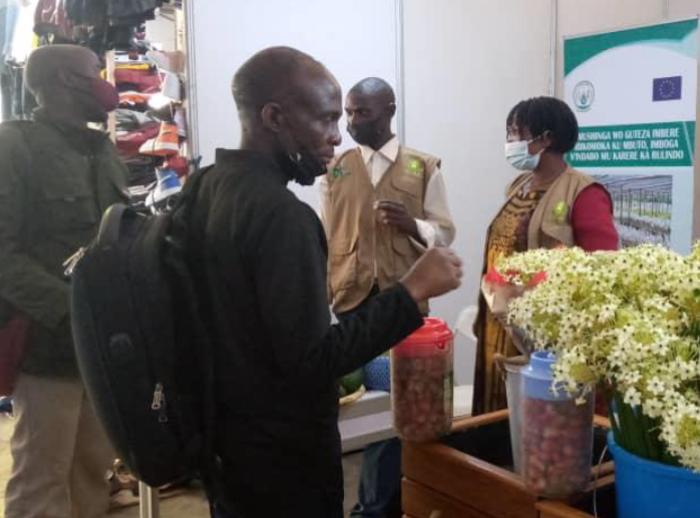
More money
Kayitesi says that she earns about 10 times more from flower farming than she would from growing food crops on the same piece of land. “We are thankful for the support given by the project and donors,” she continues.
Training
“EJOHEZA Group” is one farmers’ group in the project. It has 118 members (45 men and 73 women). They grow flowers in the marshland in their village. The success of the group’s profits has meant that more members are joining.
One partner organisation Oxfam Rwanda works with, is DUHAMIC-ADRI, which focuses on rural development. They supported farmers in the group with training and linked them with people in the flower industry. Other partner organisations gave training to help farmers with their flower cultivation techniques. They also organised study tours for farmers. The group attended the Rwanda International Trade Fair (Expo) in 2022 in Kigali. This allowed farmers to meet other groups and learn.
This project is funded by the European Union. The main aim of the Sustainable Livelihoods and Horticulture Value Chains project is to unlock the potential of Rwanda’s horticultural and coffee value chains.
